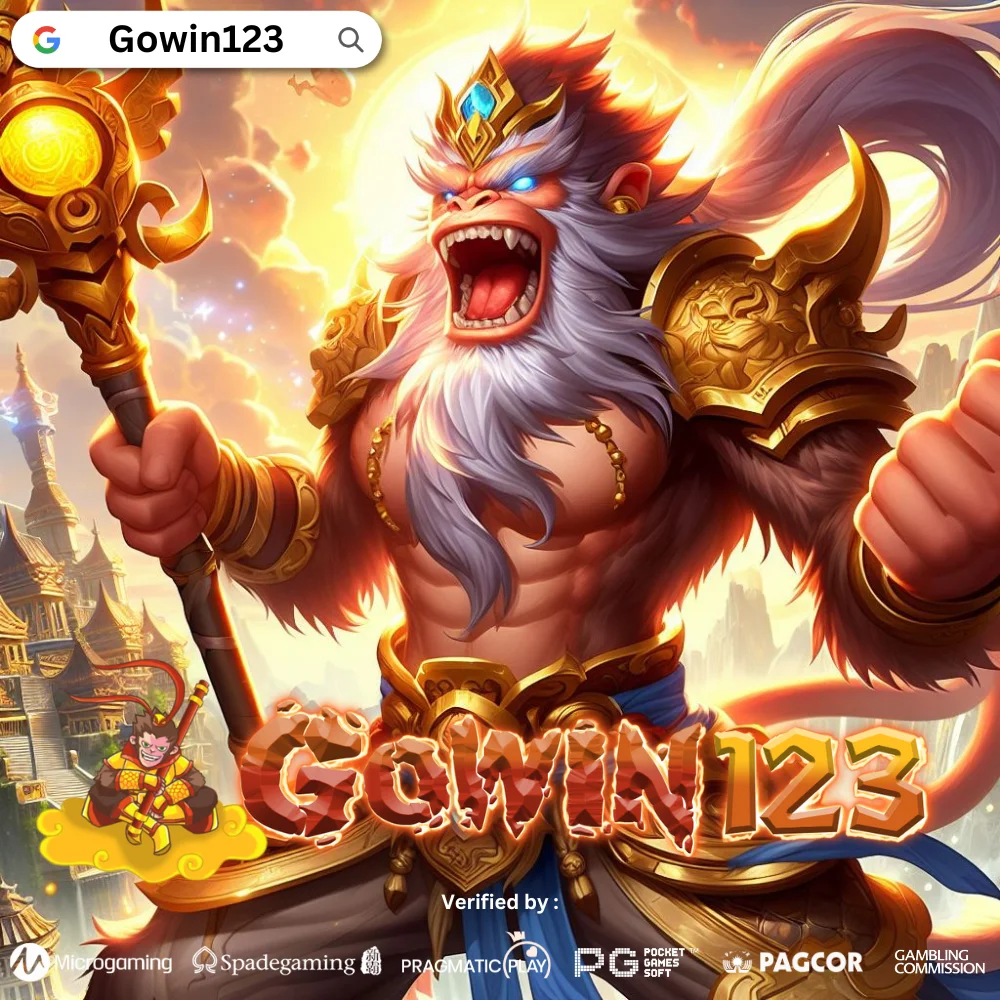1
/
of
1
Gowin123
Gowin123 ## Link Akses Utama Gowin 123 Auto Win Everyday - Gowin123 Win!
Gowin123 ## Link Akses Utama Gowin 123 Auto Win Everyday - Gowin123 Win!
Regular price
Rp 123.123,00 IDR
Regular price
Rp 300.000,00 IDR
Sale price
Rp 123.123,00 IDR
Unit price
/
per
![]() Gowin123 merupakan link akses utama Gowin 123 auto win everyday dengan memainkan ratusan game slot yang seru dan menarik untuk dimainkan dengan gameplay yang mudah serta hadiah utama berupa uang tunai hingga ratusan juta rupiah. Gowin123 Slot selalu memberikan pengalaman bermain yang berbeda dengan permainan lain manapun tentu hal ini menjadi sebuah sensasi tersendiri dalam setiap permainannya.
Gowin123 merupakan link akses utama Gowin 123 auto win everyday dengan memainkan ratusan game slot yang seru dan menarik untuk dimainkan dengan gameplay yang mudah serta hadiah utama berupa uang tunai hingga ratusan juta rupiah. Gowin123 Slot selalu memberikan pengalaman bermain yang berbeda dengan permainan lain manapun tentu hal ini menjadi sebuah sensasi tersendiri dalam setiap permainannya.
Share

